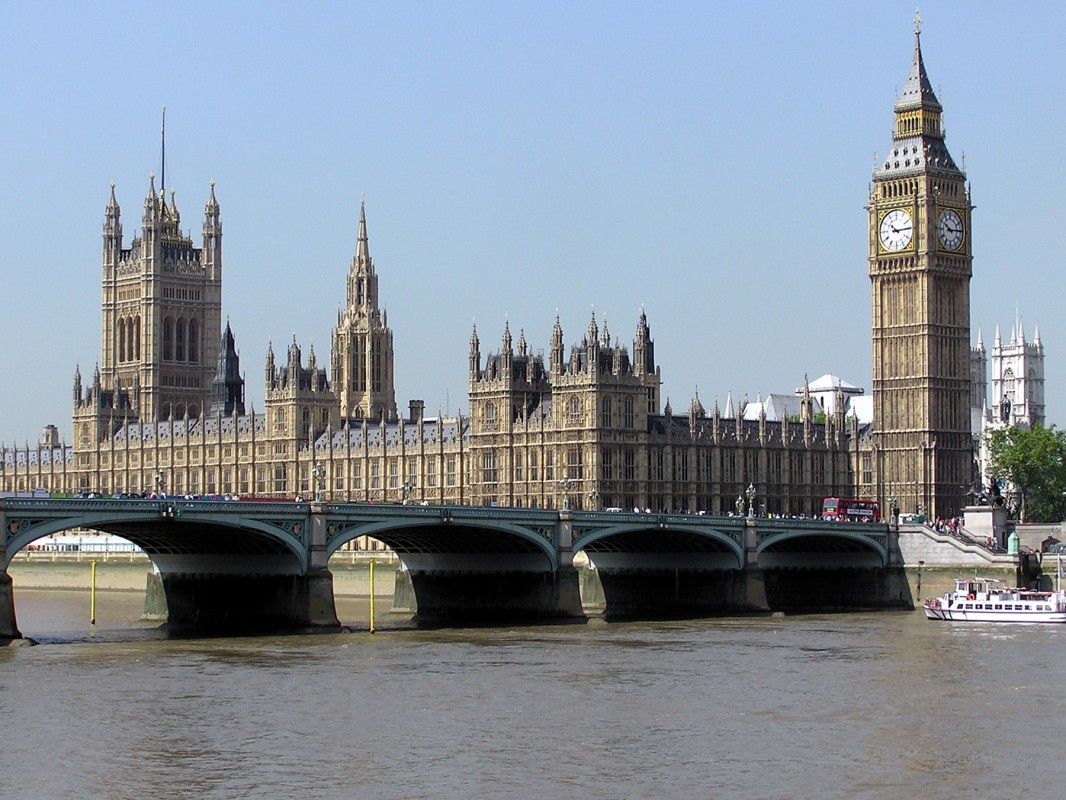We are first and second authors on a paper titled “Illegal drugs in the UK: Is it time for considered legalisation to improve public health?”, recently published in Drug Science, Policy and Law (see the link below).
The paper was written by ourselves and co-author Richard Hammersley and in it we covered four possible policy positions on illegal drugs. These four positions are outlines below.
#1 Do Nothing?
Firstly, that we do nothing. This would seem to be the most attractive choice for politicians, as it involves next to no effort, and maintains the illusion that they’re “tackling the problem of drugs”.
#2 Devil’s Advocate?
Secondly, we take the Devil’s Advocate role, and consider hard prohibition and the issues around introducing a policy of the prohibition of currently legal substances known to be harmful, such as tobacco and alcohol. This is certainly logical and reasonable, particularly when considering (for example) the number of tobacco- and alcohol-related deaths. However, a real obstacle to this is that alcohol is very culturally integrated here in the UK, and that most drinkers do not do so to excess. Nor must we lose sight of the amounts of money involved in both the alcohol and tobacco industries (the latter of these to a lesser extent these days but still formidable). And lastly, the malevolent influence of lobbyists for both industries cannot be overlooked either, making any moves to this end unlikely in the extreme.
#3 Legalisation-lite?
Thirdly, we consider the decriminalisation of some or all currently controlled substances; many people appear to regard this as much the same as legalisation, or indeed, “legalisation-lite”. We took a hard line on decriminalisation in the paper, making the point that a decriminalised drug is really neither one thing (legal) nor another (illegal) and therefore depends on the goodwill and cooperation of many agencies, in particular the police (goodwill that – theoretically – could disappear at any time). This lack of clarity also leaves an open door to organised crime, and therefore many of the problems associated with reliance on the black market we are experiencing currently.
#4 A Blunt Approach?
Fourthly, that we legalise some or all currently controlled substances. This was the preferred authorial position, although we would now admit in hindsight that it is taking a blunt “either/or” approach to the matter and that ultimately this is somewhat lacking in finesse and nuance.
It’s Time We looked Seriously At Trying Something Completely New
Here in Scotland, drug deaths go up year-on-year (NRS, 2020) and user numbers slowly continue to climb (Gov.UK, 2021), meaning that all of the effort being expended on the matter – initiatives, task forces, working groups and all the rest of it – is somewhat akin to moving around the deckchairs on The Titanic. Nobody seems to know what to do. Nothing tried thus far has worked, and to continue doing the same thing and expecting a different outcome is clearly nonsensical: it’s time we looked seriously at trying something completely new.
Hybridisation
What we didn’t cover in the original paper, is that there is also some scope for a fifth option involving a hybridization of decriminalisation and legalisation. This sounds unwieldy, but would simply involve legalisation of the “mass consumption” substances and those not commonly associated with addiction (e.g. cannabis, MDMA, psilocybin) and the decriminalisation of those substances generally considered to have more problematic associations (e.g. heroin and cocaine). On the face of it, this is an attractive option, as it legalises the “nice” drugs and semi-legalises the “bad” ones. However, an obvious issue here is who decides – and on what basis they make the decision – which are “good” drugs and which are “bad” ones, as (to give one example) it has been demonstrated that heroin – the “baddest” of the “bad” drugs – can in fact be used over a long period of time without any particularly serious negative outcomes (Shewan & Dalgarno, 2005).
Prohibition: A Complete And Total Failure
Many people reading this may regard the idea of drug legalisation as dangerous and/or irresponsible and/or plain wrong. We should say at this point that this isn’t just an idea we plucked out of the air one morning to be controversial or to get a bit of press coverage. We have been involved in the field of illicit drug use professionally for over 30 years (with an interest stretching back further still), and over that time, have seen nothing to indicate that drug laws and policy in the UK have been anything other than a complete and total failure.
Globally, prohibition has been a disaster, with the emergence of ‘narco-states’ where millions live in fear under the rule of gangs, police forces and the military, all with an interest in the profits from the drug trade. Alongside this, we have those pursuing zero-tolerance approaches that lead to mass incarcerations and executions. The criminalisation of hundreds of millions of – mainly young and non-white – people under current laws has a profoundly harmful effect that goes well beyond any harms induced by drug use.
In academia, a lot of time, money and effort have been spent investigating drug use generally and problem use in particular, mostly with a view to encouraging (or coercing) people to reduce or quit, with little or no insight to what it is that drives problematic use of this sort. Prof Carl Hart has recently written of his experiences of many years of attempting to ‘prove’ the harmful nature of drug use. He is now an avid advocate of drug law reform (Hart, 2021).
All these years on, and we still have all of these (supposedly) learned people no further on than pondering such weighty matters as “what motivates people to use drugs?”. All this time and we don’t seem to be any further on than this. And the answer is really pretty simple; broadly speaking, there are two categories of drug user. The first – and by far the largest – of these use for purposes of relaxation and enjoyment (a subset of this group could arguably be medical users); people in this group may encounter problems as a result of their use (through, for example, overindulgence, ignorance regarding effect or consuming substances where content and/or purity is questionable, or as a result of injudicious polypharmacy) and as with alcohol these can range in severity. That said, it has been demonstrated that the long-term use of a drug can be maintained in a largely non-problematic way (in terms of negative health and social outcomes) by means of the users educating themselves as to the actions and possible consequences of using that drug (Dalgarno & Shewan 2005).
The second group use in an attempt at self-medication, to make themselves feel better or happier; this group bring de facto a range of problems with them and attempt to deal with these via a process of obliteration by means of illicit substances and/or alcohol. While this process may work (or appear to work) in the short term, over a longer period, and on its own, it usually results in a further set of problems being added to those already existent. The majority of this group form some of the most marginalised in society, a process that probably began in childhood and continues through adolescence and adulthood. Cumulative trauma has led many of this group to a place that is difficult to escape, so harm inducing drug use patterns are likely to continue unless resources are put into comprehensive mental health support.
Our new paper can be accessed in full here:
Dalgarno, P, O’Rawe, S & Hammersley, R (2021) Illegal drugs in the UK: Is it time for considered legalisation to improve public health? Drug Science, Policy and Law, 7: 1-9. https://journals.sagepub.com/doi/full/10.1177/20503245211005351
References
Dalgarno, P. and Shewan, D (2005) Reducing the risks of drug use: The case for Set and Setting. Addiction Research and Theory, 13(3): 259–265.
Gov.UK (2021) United Kingdom Drug Situation 2019: Summary. Available at https://www.gov.uk/government/publications/united-kingdom-drug-situation-focal-point-annual-report/uk-drug-situation-2019-summary (accessed 5/7/21)
Hart, C. (2021) Drug Use for grown-ups: Chasing Liberty in the Land of Fear. Penguin New York
NRS: National Records of Scotland (2020) Drug Related Deaths in Scotland. Available at: https://www.nrscotland.gov.uk/statistics-and-data/statistics/statistics-by-theme/vital-events/deaths/drug-related-deaths-in-scotland (accessed 4/7/21)
Shewan, D & Dalgarno, P. (2005) Low levels of negative health and social outcomes among non-treatment heroin users in Glasgow (Scotland): Evidence for controlled heroin use. British Journal of Health Psychology, 10, 33-48.


